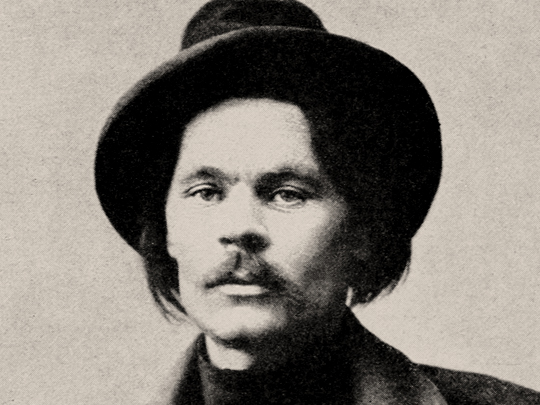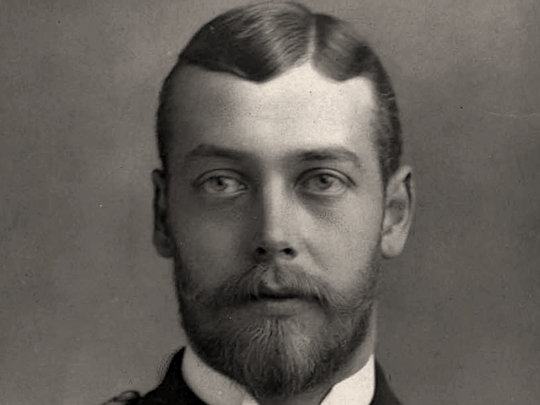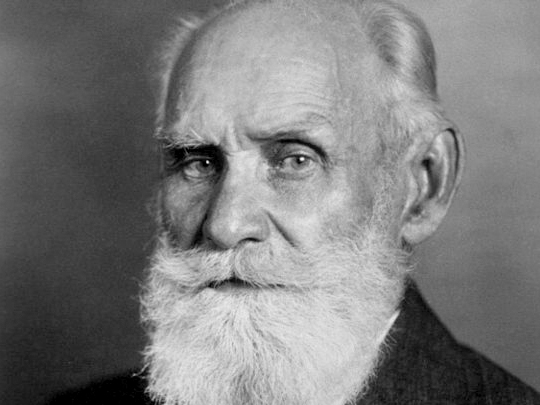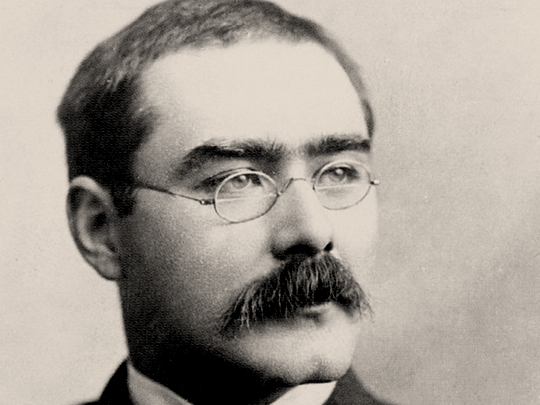Elliott & Fry / Wikimedia Commons / CC-BY-SA-3.0 / GFDL
Rudyard Kipling
(Writer)
30 December 1865 – 18 January 1936 (Aged 70)
Kipling was a renowned and prolific English author, who is most famous for his story, ‘The Jungle Book’, and his poem, ‘If-‘.
His work earned him the 1907 Nobel Prize in Literature, the first English-language writer to receive the prize.
In January 1936 he suffered a hemorrhage in his small intestine and died less than a week later at the age of 70.
Kipling’s ashes were buried in Poets’ Corner, Westminster Abbey, next to the graves of Thomas Hardy and Charles Dickens.
Maxim Gorky
(Author)

28 March 1868 – 18 June 1936 (Aged 68)
Gorky was a famous Russian author. He was anti-Tsarist and embraced the rise of Bolshevism in the country.
However, he became a critic of Lenin when he came to power, leading his exile in Europe for many years.
Gorky returned to Russia permanently in 1928, at a time when Joseph Stalin had taken power.
The exact cause of his death is disputed, with some pointing the finger at Stalin.
George V
(British King)

3 June 1865 – 20 January 1936 (Aged 70)
George V was the British King from 1910 until 1936.
During his reign, he saw the fall of his first cousins’ empires, Kaiser Wilhelm II of Germany and Tsar Nicholas II of Russia.
In his own empire, he saw the rise of the Indian independence movement, the Irish Republican movement, communism, and fascism.
His reign came at a time of great revolution and change across the world.
Ivan Pavlov
(Physiologist)

26 September 1849 – 27 February 1936 (Aged 86)
Pavlov was a renowned Russian physiologist, most famous for his study on the digestive systems of dogs.
He was awarded the Nobel Prize in Physiology or Medicine in 1904, which made him the first Russian Nobel laureate.
Pavlov died of pneumonia at the age of 86.
In honor of his work, Pavlov’s study and laboratory were preserved as a museum.
